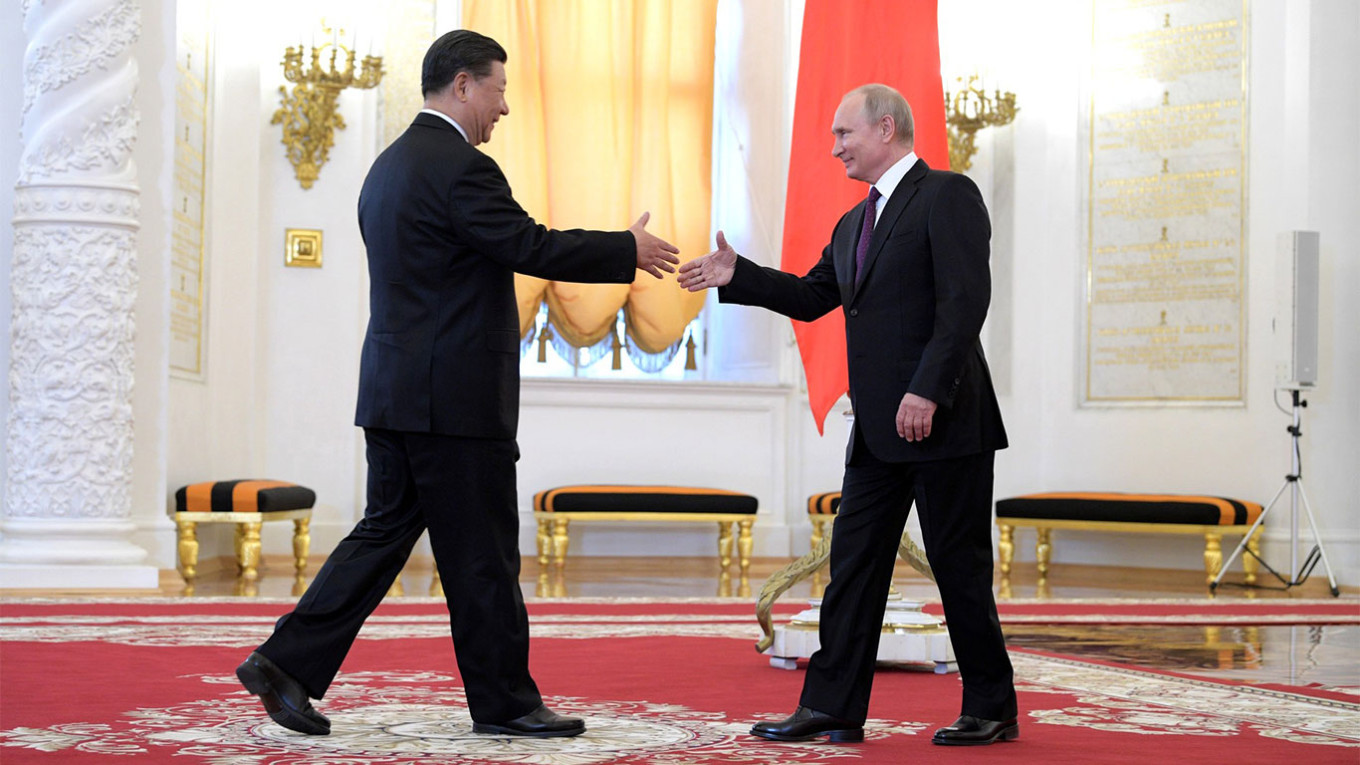The two countries announced on Friday that Chinese President Xi Jinping will visit Russia the following week for talks with Russian President Vladimir Putin. Beijing is promoting a plan to end the gruelling Ukraine war, but it has been met with scepticism on both sides.
Xi’s travel from March 20 to 22 comes after China presented a 12-point plan for “a political resolution of the Ukraine crisis” last month and after a top Chinese diplomat called the Ukrainian foreign minister on Thursday to discuss negotiations.
The strategy calls for both Russia and Ukraine to respect each other’s sovereignty as well as the safety of civilians.
As a result of Beijing’s decision to refrain from denouncing Russia’s invasion of Ukraine, which Moscow refers to as a “special military operation,” the United States and NATO have said that Beijing’s efforts to mediate are not credible.
Wang Wenbin, a spokesman for the Chinese foreign ministry, said that Xi’s trip to Russia, his first in nearly four years, was in part intended to promote “peace,” even though he made no direct reference to the conflict in the Ukraine.
He added that the leaders would also discuss significant regional and global concerns, build mutual trust, and expand their economic alliances.
Putin and Xi will talk about “current issues of further development of comprehensive partnership relations and strategic collaboration between Russia and China,” according to a statement from the Kremlin. Moreover, Ukraine was not mentioned in the statement.
Xi will speak over the phone with Volodymr Zelenskiy, the president of Ukraine, after his visit to Russia, according to various media reports. The call was not confirmed by Beijing.
Days before Putin launched tens of thousands of troops into Ukraine, sparking the largest crisis to hit Europe since World War II, China and Russia made a “no limits” alliance announcement when Putin visited Beijing for the Winter Olympics in February 2022.
Since then, Beijing and Moscow have kept reiterating how close their relations are. Since the invasion, bilateral trade has increased dramatically, with China now Russia’s largest oil customer and a significant source of income for Moscow.
Since the invasion, tens of thousands of people have died and millions have left their homes in Ukraine, but neither side is now showing signs of aggressively trying to put a stop to the violence.
Although it later claimed it was receptive to “elements of the plan,” Ukraine first objected to Beijing’s recommendations for not specifying that Russia should withdraw behind borders in existence since the collapse of the Soviet Union in 1991.
Russia praised Beijing’s approach and promised to conduct a “nuanced analysis” of the proposal, but it also stated that there is currently no indication of a peaceful conclusion.
Moscow asserts that Ukraine must recognise the loss of Crimea, the Black Sea peninsula it militarily annexed in 2014, as well as its annexation of four provinces in the country’s east and south.
While Kyiv and its Western allies claim that Russia’s actions in Ukraine are an imperial-style land grab, Moscow claims that they are a defensive pushback against a hostile and aggressive West.
















